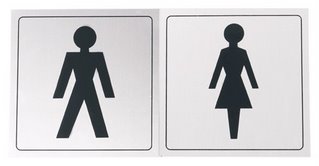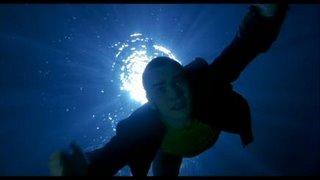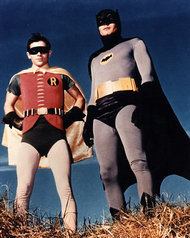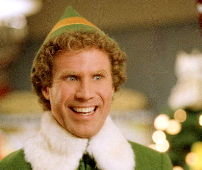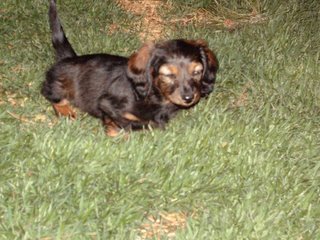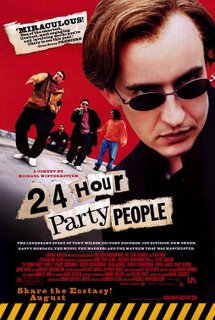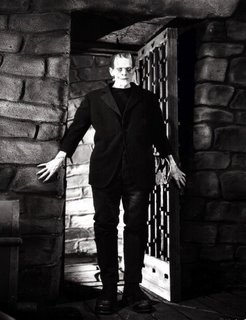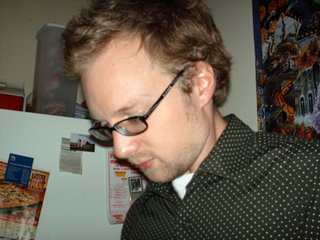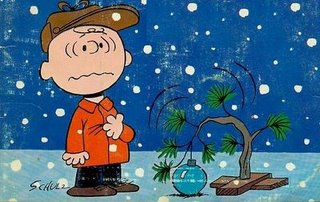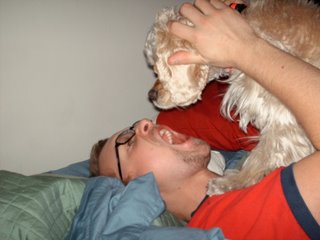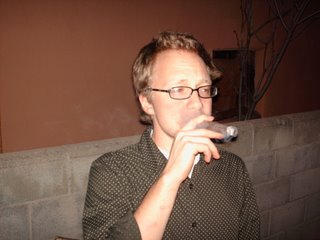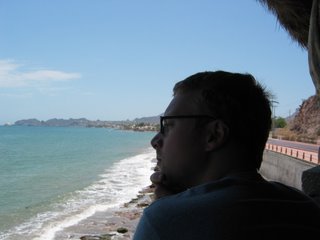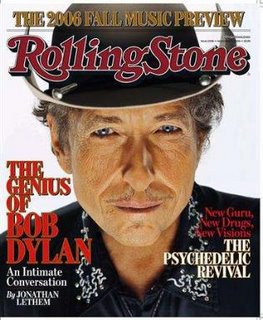And on a serious note...
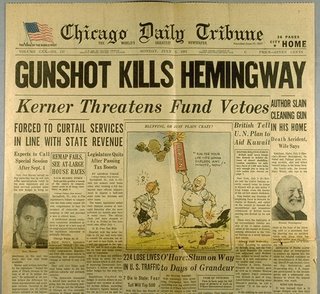 "A man can be destroyed but not defeated."
"A man can be destroyed but not defeated."-Ernest Hemingway
Tomorrow, I'll be in Santa Fe for the NM Film Maker's Workshop, so my blog will probably be inaccessible. Therefore, this one will have to be extra long to make up for tomorrow's absence. I apologize for the length of this post, but if you manage to trudge through it, I'll try to make it worth your while.
Since my past two toilet posts have had all the insight of an Adam Sandler film, I’ve decided that today I owe it to myself to post something a tad more serious. Of course, whenever I think serious I always end up going back to the tragic day last summer when Dad attempted suicide.
The semester following that haunting afternoon, I decided that it would be fitting to take a course on Ernest Hemingway. I suppose that I figured I could bring a new layer of meaning to the class due to my situation.
In Hemingway’s final, posthumously-published novel Islands in the Stream, he presents repeating storylines and characters whose actions reflect each others. Throughout his career Hemingway has done this, but not to the extent that he does in
My family’s numerous meetings with several therapists provided somewhat of a companion course to this Hemingway course. Raising my hand in class, I pointed out a “cyclical” pattern in the novel that is often a characteristic thought pattern in depressives. The only reason I knew this was because therapists had pointed out, through my father’s increasing obsessive-compulsive habits and his often coming back to the same dark thoughts, that Dad had exhibited this dangerous pattern.
“Hmm.” My professor replied. “I’d never thought of it that way.”
This may or may not have been Hemingway's intention--the cyclical pattern could've been a coincidence or an artistic experiment--but whatever it was, I took pride in the fact that I may had given a published Hemingway scholar a new insight.
It’s been said that Hemingway’s father’s suicide may have opened a door to creativity in Ernest, that the trauma somehow unlocked a certain brilliance.
I believe that this is at least somewhat true. Following my own father’s incident, I found that my writing improved immensely. Before that, I’d been a mediocre writer at most, but when I chose I write about that afternoon I discovered that my writing contained something beautiful, despite the horrifying consequences.
I had been in a creative nonfiction class in which I later wrote an essay about his attempt at his life. I've been told that one must wait for some time before writing about something as tragic, and this is probably true; but, although my writing was overcome by disconcerting and disorienting unbridled emotion, the essay contained glimmers and occasional sparks of impressive material that even caught me off guard.
They say that writing something that makes you uncomfortable leads to material that is worthwhile. Take it from me, writing about a noodle-like tendon sticking out of your father's wrist is anything but comfortable.I wonder about Hemingway's own levels of discomfort when he wrote his numerous stories that hinted at suicide, a character's depression, or that contained a subtext of violence and insecurity. My writing, I assure you, is not on par with Hemingway's, but I consider he and I to have a grasp on some things that it takes something this uniquely traumatic to gain. Trauma in any form, I suppose, is enlightening.
Fortunately, my father survived. Sadly, Hemingway's did not (and neither did Hemingway, for that matter). But the suicide attempt did make the concept of death something more tangible, and Dad's intensive therapy and the following months brought about, for me, a realization of life's fragilities. My father's summation of that day simplifies something so complex that it takes a situation rather than a single-sentence grasp of life.
He did the deed at a picnic area. As he lay on the ground staring at the blue, afternoon New Mexico sky, he felt a tingle.
"I thought is was happening," he explains. "I thought, 'This is it. I'm dying.'" When he tells the story, he usually pauses at this part. Then he continues:
"Turned out to be ants. That's when I decided to drive myself to the hospital."
Life and death, somehow defined and encapsulated by ants. I often consider those ants. Did these little creatures give Dad a taste of the dying process? Were they a mere coincidence? Or were they something larger, a form of Divine Intervention?
That afternoon has become my life's fulcrum point. It is from then on that I have a deeper understanding of life, and yet I've become even farther from any grasp of life's complexities. Every time I go back to that moment, I give thanks to God/the ants/something, somewhere that Dad survived. I cheer his rebirth that took place, his own reemergence as a sober, happy fellow that has become enlightened and has embraced life's ups and downs. But I also find anger and sadness, the yearning for an innocence lost, and the bittersweet realization that things will never be the same. Life is a pendulum, swinging back and forth, up and down, with its anxiously awaited upswings and inevitable downfalls.
